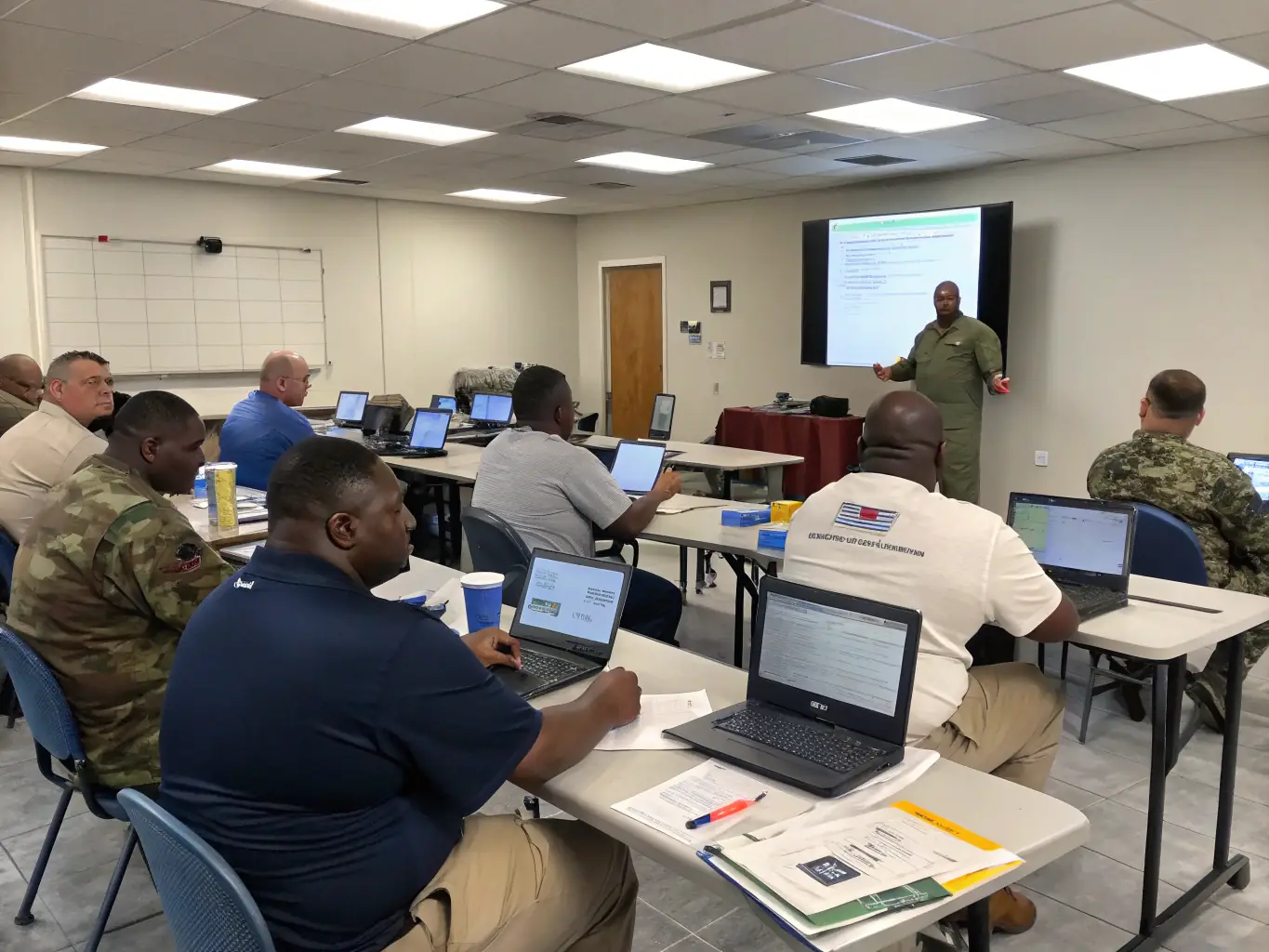
Stable housing is the foundation for recovery, independence, and lasting change.

Personalized support that connects veterans to resources, care, and long-term stability.

We help veterans access the VA benefits they have earned, including compensation, housing, and healthcare.

Through access to food, healthcare, education, and job training, we empower individuals to build a brighter future.

Advancing economic mobility by helping veterans build skills, pursue employment, and achieve long-term self-sufficiency.

Helping veterans build financial stability and resolve legal challenges that stand in the way of long-term progress.
Jennifer R., Veteran, USMC
Niles B., Veteran U.S. Navy
Umar B., U.S. Air Force
Your support can change lives. Whether you’re donating, volunteering, or partnering with us, every action counts.